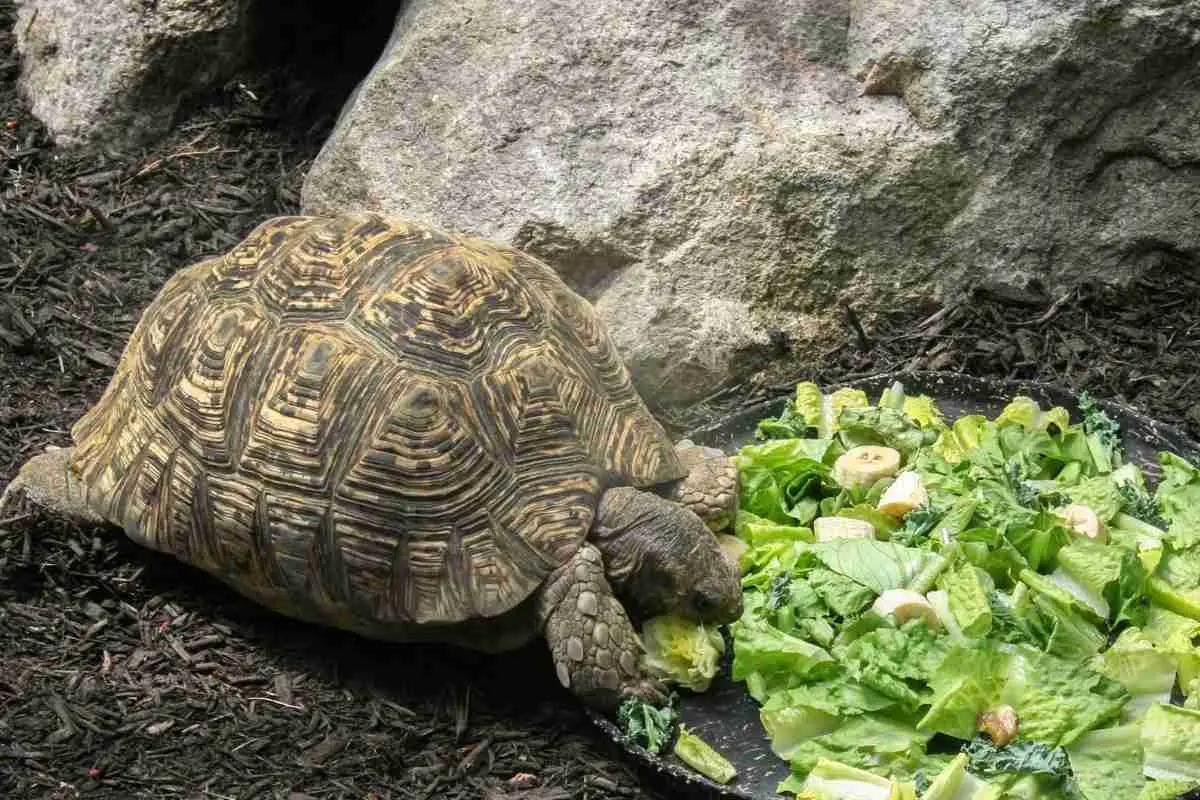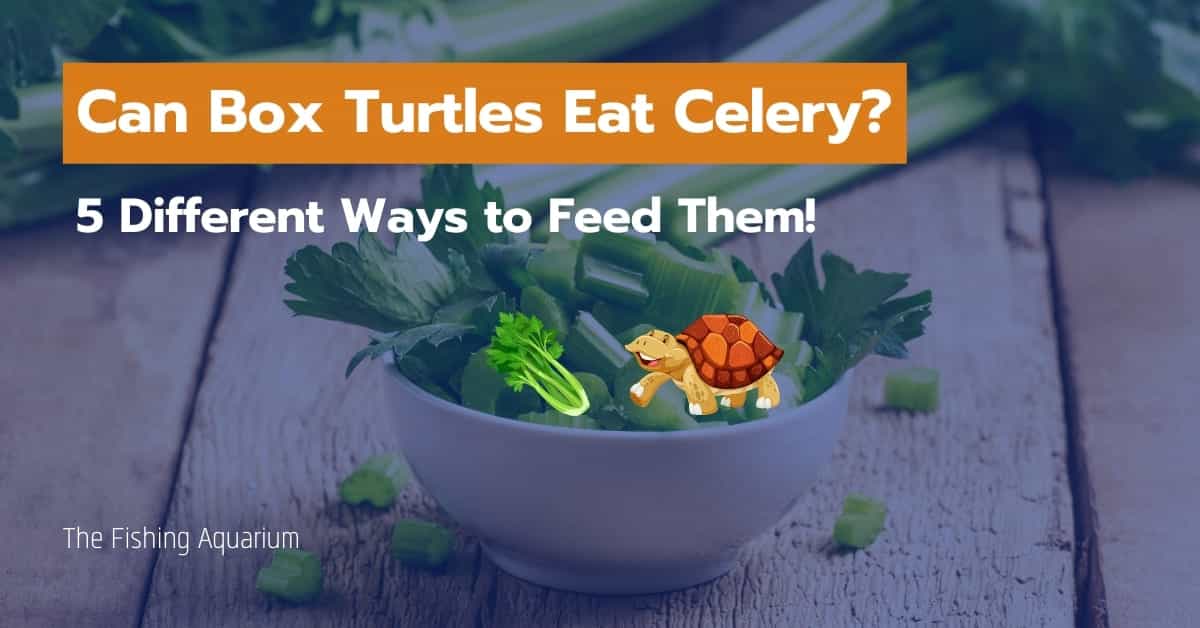Celery is a popular vegetable known for its crunchy texture and refreshing taste. It is often used in salads, soups, and various other dishes. But can turtles eat celery? In this article, we will explore whether turtles can safely consume celery and discuss the potential benefits and risks associated with feeding them this vegetable.

Benefits of Feeding Turtles Celery
Celery is a low-calorie vegetable that is rich in essential nutrients. It contains vitamins A, C, and K, as well as minerals like potassium and folate. These nutrients are important for maintaining the overall health and well-being of turtles. Additionally, celery is high in fiber, which can aid in digestion and promote a healthy gut.
Feeding turtles celery can also provide them with hydration. Celery has a high water content, which can help keep turtles hydrated, especially during hot weather or in dry environments. This can be particularly beneficial for turtles that are not getting enough water from their regular diet or habitat.
Risks and Considerations
While celery can offer some nutritional benefits to turtles, there are certain risks and considerations to keep in mind. One important factor is the size of the turtle. Smaller turtles may have difficulty consuming and digesting large pieces of celery. It is recommended to chop the celery into small, bite-sized pieces to make it easier for them to eat.
Another consideration is the presence of pesticides or other harmful chemicals on the celery. It is crucial to thoroughly wash the celery before feeding it to turtles to remove any potential contaminants. Organic celery is a safer option as it is grown without the use of synthetic pesticides.
Furthermore, celery should only be offered as an occasional treat and not as a staple food in a turtle’s diet. Turtles require a balanced diet that includes a variety of foods such as leafy greens, vegetables, fruits, and protein sources like insects or commercial turtle pellets. Celery should be given in moderation to prevent nutritional imbalances.
Conclusion
In conclusion, turtles can eat celery, but it should be offered in moderation and as part of a balanced diet. Celery can provide turtles with essential nutrients and hydration, but it should not replace their regular food sources. Remember to chop the celery into small pieces and wash it thoroughly before feeding it to turtles. By considering these factors, you can safely incorporate celery into your turtle’s diet as an occasional treat.
FAQs
-
Can turtles eat celery leaves?
Yes, turtles can eat celery leaves. The leaves contain similar nutrients to the stalks and can be offered as part of their diet. However, ensure that the leaves are thoroughly washed to remove any potential contaminants. -
Is it safe to feed turtles raw celery?
Yes, it is safe to feed turtles raw celery. Raw celery retains its nutritional value and can be a healthy addition to their diet. Just make sure to wash it properly before offering it to your turtle. -
Can turtles eat cooked celery?
It is not recommended to feed turtles cooked celery. Cooking can alter the nutritional composition of the vegetable and may make it harder for turtles to digest. Stick to offering raw celery to ensure they receive the maximum benefits. -
How often should I feed my turtle celery?
Celery should be given to turtles as an occasional treat and not as a regular part of their diet. Offer it once or twice a week in small quantities to prevent nutritional imbalances. -
Are there any alternatives to celery for turtles?
Yes, there are several alternatives to celery that turtles can enjoy. Leafy greens like kale, spinach, and lettuce are excellent options. Other vegetables such as carrots, bell peppers, and cucumbers can also be included in their diet. Remember to provide a variety of foods to ensure a well-rounded diet for your turtle.

